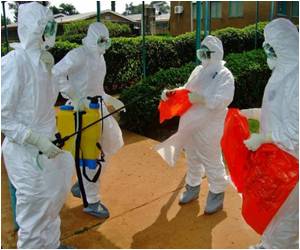USAID and Indian Ministry of Urban Development have come together to launch the Urban Water, Sanitation and Hygiene alliance to address water and sanitation challenges in India.

Rajiv Shah, administrator, USAID, credited the initiative to a dinner conversation between U.S President Barack Obama and Prime Minister Narendra Modi, during the latter's bilateral visit to the States in September. He also said that the initiative was meant to support India's developmental concerns like the Clean India mission.
"We are proud to announce a commitment of USD 20 million. Clean India has the opportunity to change the face of the country. It is about Clean India and ensuring that justice and help go to those who are unfortunate," said Shah.
"I was stuck at how much the dinner conversation revolved around sanitation," he said, adding that the immediate emphasis was to reduce under-five child mortality rates.
India accounts for the greatest number of preventable child deaths and forty percent of the world's malnourished children. Reports say that only 31 percent urban population has access to improved sanitation in 2008 while for rural areas it was even less at 21 percent. However, access to an improved water source was 88 percent in urban places while in rural areas it stood at 84 percent.
Admitting that such statistics are the bane of India's growth story, Shankar Aggarwal, secretary, Ministry of Urban Development said, "In spite of tall claims of growth and success stories of growth, we are the largest in infant mortality. It is very shameful. Without addressing this problem, this growth will be useless."
Advertisement
Source-ANI









